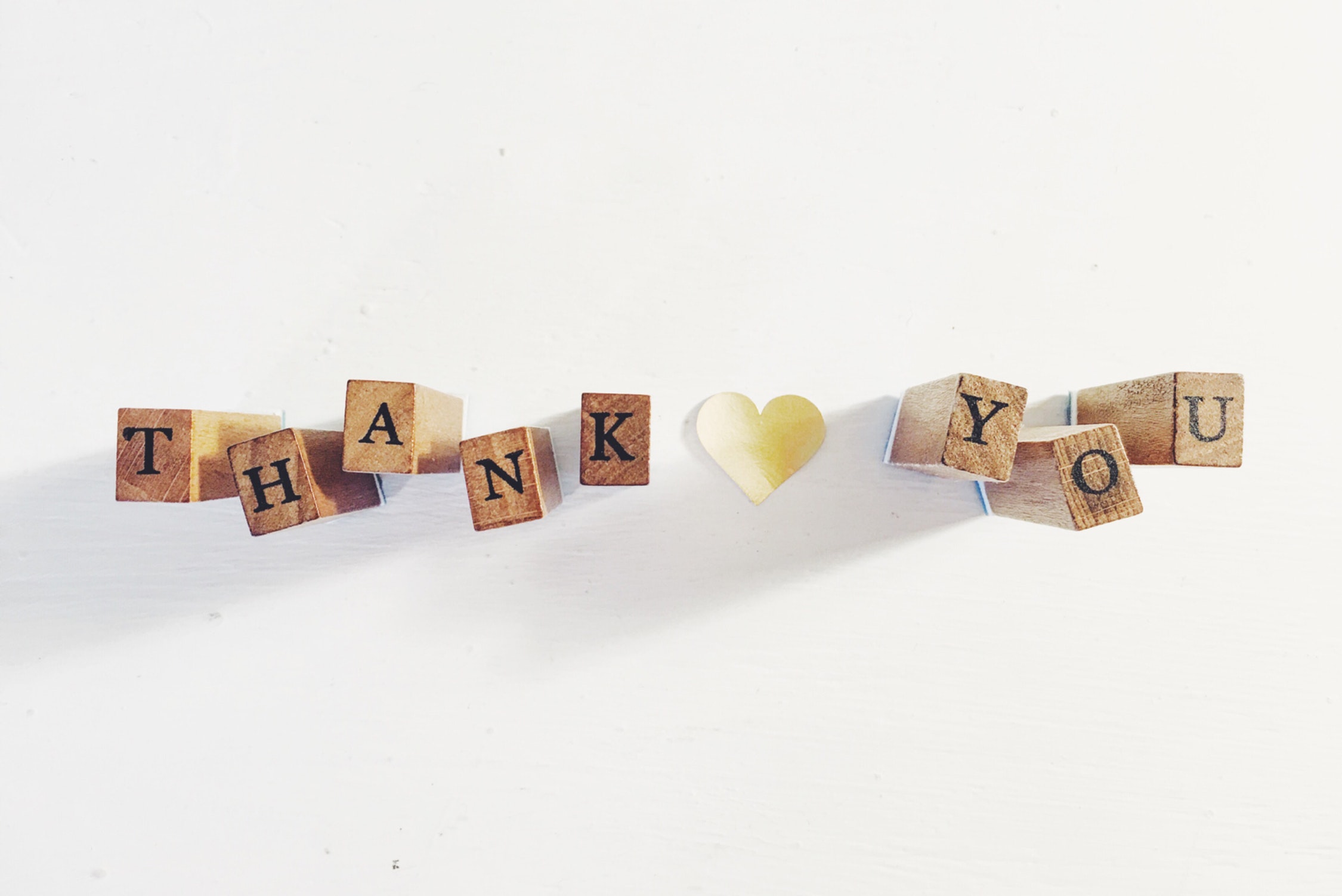
Poles are known for their hospitality and kindness. If you spend some time near them, chances are you’ll find yourself in a situation where you’ll need to thank someone who has done something nice for you. And what better way to say “thank you” to a Pole than to do it in their own language?
This short guide will teach you the essential phrases for expressing gratitude in Polish, as well as a few responses you can use to reply to thanks in Polish.
If you’d like to know how to say “sorry” in Polish, check out How to Say “Sorry” in Polish to Sound Like a (Polite) Native Speaker.
(You can click the phrases to check their pronunciation at Forvo.)
Most common ways to say “thank you” in Polish
These four simple phrases will let you show your appreciation in a variety of contexts.
Dziękuję (“thank you”)
This is the default, most common way of thanking someone in Polish. Just like “thank you” in English, it works great in both formal and informal situations.
Whether you’d like to say “thank you” in Polish to your boss, your taxi driver or your friend, dziękuję will always be a safe bet. It’s friendly and elegant, but not overstated.
If you’re also expressing your gratitude on someone else’s behalf (e.g. thanking a person who’s done something nice for your whole family), you can say dziękujemy to emphasize that the thanks come from everyone.
Note that dziękuję (or nie, dziękuję) can also be used to refuse an offer, as in “no, thanks”.
Dzięki (“thanks”)
This short word is the Polish equivalent of “thanks”, so it is mainly used in contexts that are at least a bit informal.
Saying dzięki is a great way to thank a friend, a family member or a colleague, especially when the favor they’ve done for us is relatively small. Remember that the informal dzięki might be considered a little rude when said to a stranger (e.g. a store clerk).
Bardzo dziękuję / dziękuję bardzo (“thank you very much”)
Adding bardzo before or after dziękuję is the most common way of emphasizing your thanks in Polish.
Just like the regular dziękuję, bardzo dziękuję will work well in most contexts, both formal and informal. The plural variant is bardzo dziękujemy.
Wielkie dzięki (“thanks a lot”)
Wielkie dzięki is a stronger variant of dzięki, so it’s very similar to “thanks a lot” in English.
Use it to put more emphasis on your informal thanks when you really mean it. Be careful though—if you use wielkie dzięki to thank for something trivial, your thanks might be seen as ironic (as in “thanks for nothing”).
Responding to “thank you” in Polish
When someone thanks you in Polish, it’s always polite to acknowledge it using one of the fixed phrases below.
Nie ma za co (“not at all”)
This is one of the most popular responses to “thank you” in Polish, and definitely the most humble one.
The literal meaning of this phrase is somewhat close to “there’s nothing to thank for”, though you can also remember it as an equivalent of “not at all” or “don’t mention it”.
A more colloquial variant of nie ma za co is nie ma sprawy.
Proszę / proszę bardzo (“you are welcome”)
Proszę is a very versatile Polish word. Though it is most commonly used as “please”, it can also mean “you are welcome”.
Just like with dziękuję, you can follow or precede it with bardzo for added emphasis.
Proszę and proszę bardzo are also the equivalents of “here you are”, used when handing something over to another person.
Drobiazg (“it’s nothing”)
If you want to make it clear that the favor you did for the other person wasn’t a big deal, drobiazg is just the word you’re looking for.
Literally, drobiazg means “a trifle” or “something really small”.
Thanking for specific things in Polish
If you want to specify what you’re thankful for, you can add it to your thanks following the preposition za.
The only important thing to remember here is that whatever follows za, it has to be put in the accusative case. Here are some typical examples:
-
- Dziękuję za pomoc. (“Thank you for your help.”)
- Dziękuję za zaproszenie. (“Thank you for the invitation.”)
- Dziękujemy za przybycie. (“[We] Thank you for coming.”)
- Dzięki za prezent. (“Thanks for the gift.”)
- Dzięki za miłe słowa. (“Thanks for the kind words.”)
- Dzięki za wszystko. (“Thanks for everything.”)
Challenge yourself with Clozemaster
Test your skills and see what you’ve learned from this article by playing a selection of Polish sentences with “thank you” and related phrases:
Sign up here to save your progress and start getting fluent with thousands of Polish sentences at Clozemaster.
Clozemaster has been designed to help you learn the language in context by filling in the gaps in authentic sentences. With features such as Grammar Challenges, Cloze-Listening, and Cloze-Reading, the app will let you emphasize all the competencies necessary to become fluent in Polish.
Take your Polish to the next level. Click here to start practicing with real Polish sentences!


Pingback: How to Say “Sorry” in Polish to Sound Like a (Polite) Native Speaker